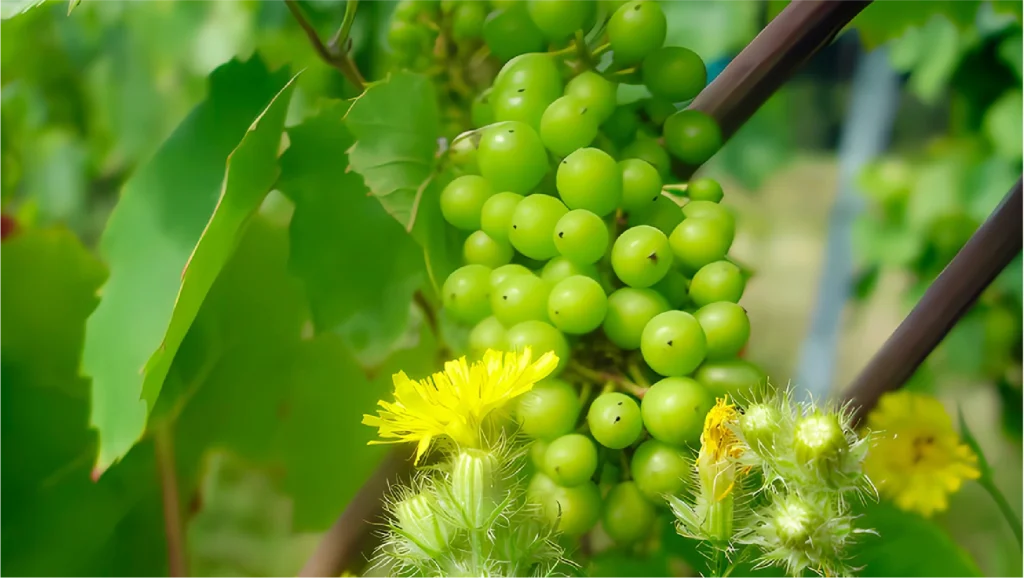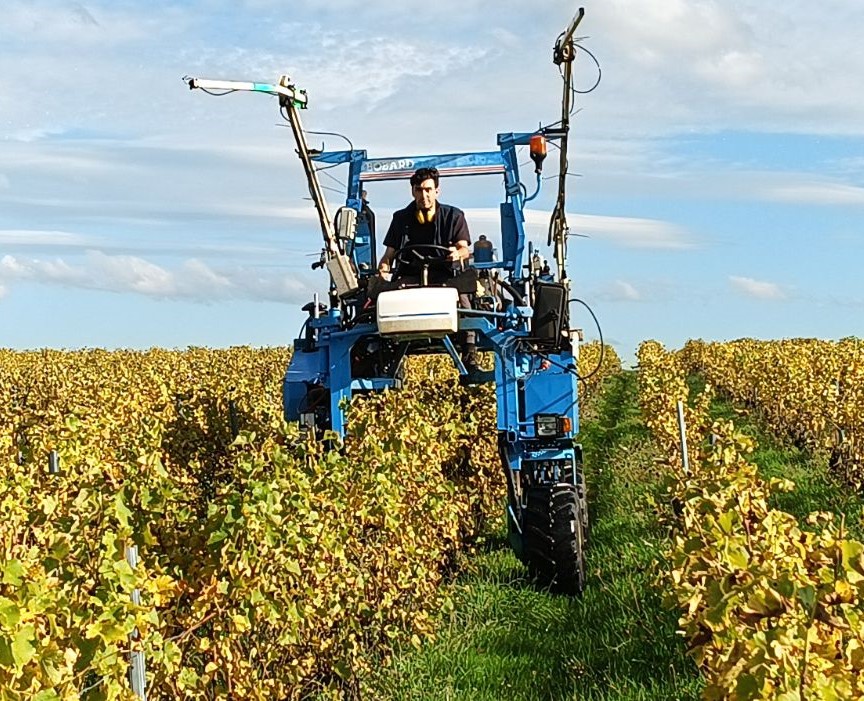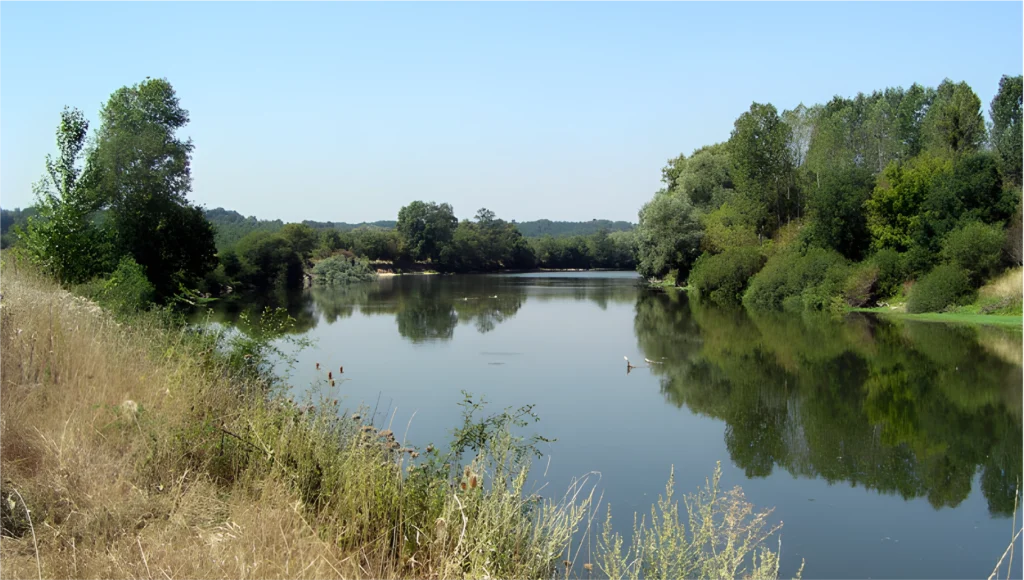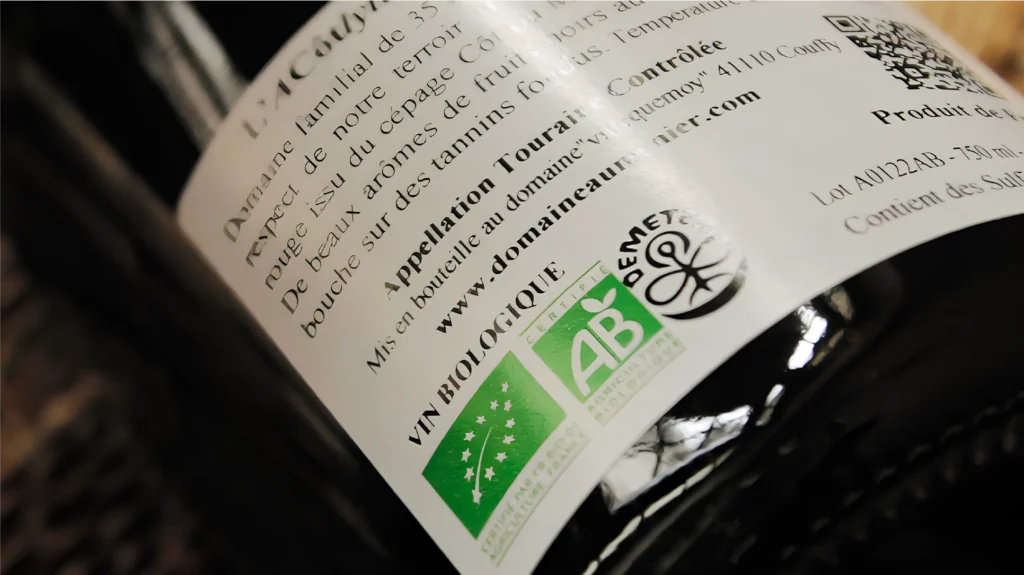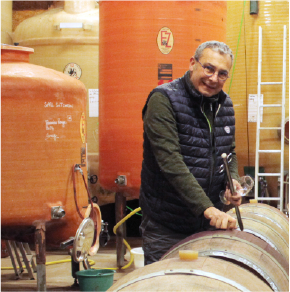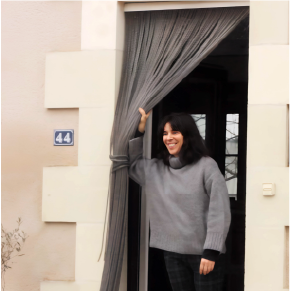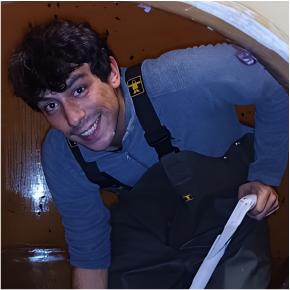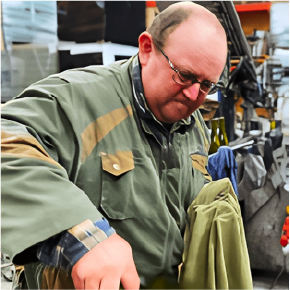Let’s start !
In 1996, Thierry and I gave birth to the ‘Domaine de l’Aumonier.’ A very symbolic name, as the vineyards of my grandparents (Marcel and Maria Laumonier) were our first acquisitions. Starting from nothing, we began the operation with about ten hectares purchased from a retired winemaker; no tools, no clientele, and few resources, but with a shared desire and Thierry’s expertise, built on six years of experience as a vineyard manager and the experience of his elders, who had been winemakers for several generations. Thierry works in the vineyard and the cellar, while I handle marketing, management, and finances. The duo is launched!
The construction of the cellar
In 1997, we built our first winemaking and storage cellar, a fundamental project for the future of the estate. This cellar allows us to lay a solid foundation for the production of our wines. The estate now covers 12 hectares! A modest area to begin our winemaking adventure with passion and determination.
The estate is expanding
Opportunities allow us to grow the estate. We go from 12 to 32 hectares. The cellar also expands to enable us to increase our capacity for fermentation and storage.
Respect for nature:
Gradually, we cultivate our soils and stop using herbicides. Pesticides and insecticides are replaced, when necessary, by 100% natural products certified by the organic farming guidelines.
Certified and recognized: 100% Organic
In 2006, we formalized our approach and began our conversion to Organic Farming with a certification body: ECOCERT.
On the way to Biodynamics!
The estate is now managed biodynamically and certified by Demeter.
